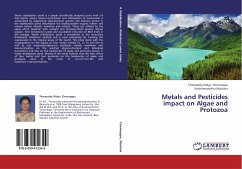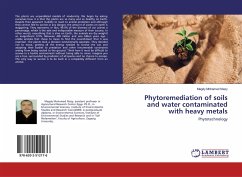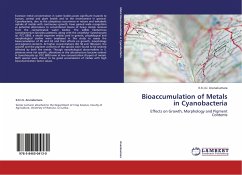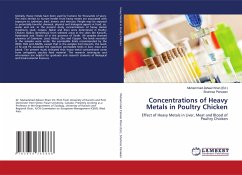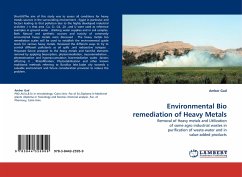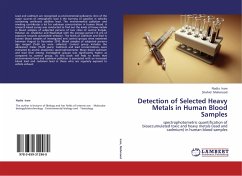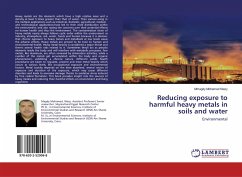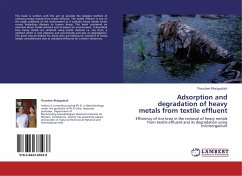Waste stabilization pond is a simple scientifically designed pond with 2-6 feet depth, where natural purification and stabilization of wastewater is accelerated by supporting algal-bacterial growth. The bacteria grown in the stabilization pond decompose the biodegradable organic matter and release carbon dioxide, ammonia and nitrates. These are utilized by the algae which together with sunlight and photosynthetic process release oxygen, then breakdown waste and accomplish reduction of BOD levels in the sewage. Waste stabilization pond is considered as the secondary (biological) treatment method and is used extensively for treating the wastewater in the tropical areas of the world. This book deals with the investigations on the impact of four metals namely Cu, Cr, Fe and Mn as well as two organophosphorous pesticides namely malathion and monocrotophos on the selected physico-chemical and biological parameters and also on the biodiversity of algae and protozoa grown in waste stabilization pond. Results of the study indicate that the toxic effect of four metals and two pesticides on the biodiversity of algae and protozoa were in the order of CuCrFeMn and malathionmonocrotophos.
Hinweis: Dieser Artikel kann nur an eine deutsche Lieferadresse ausgeliefert werden.
Hinweis: Dieser Artikel kann nur an eine deutsche Lieferadresse ausgeliefert werden.

